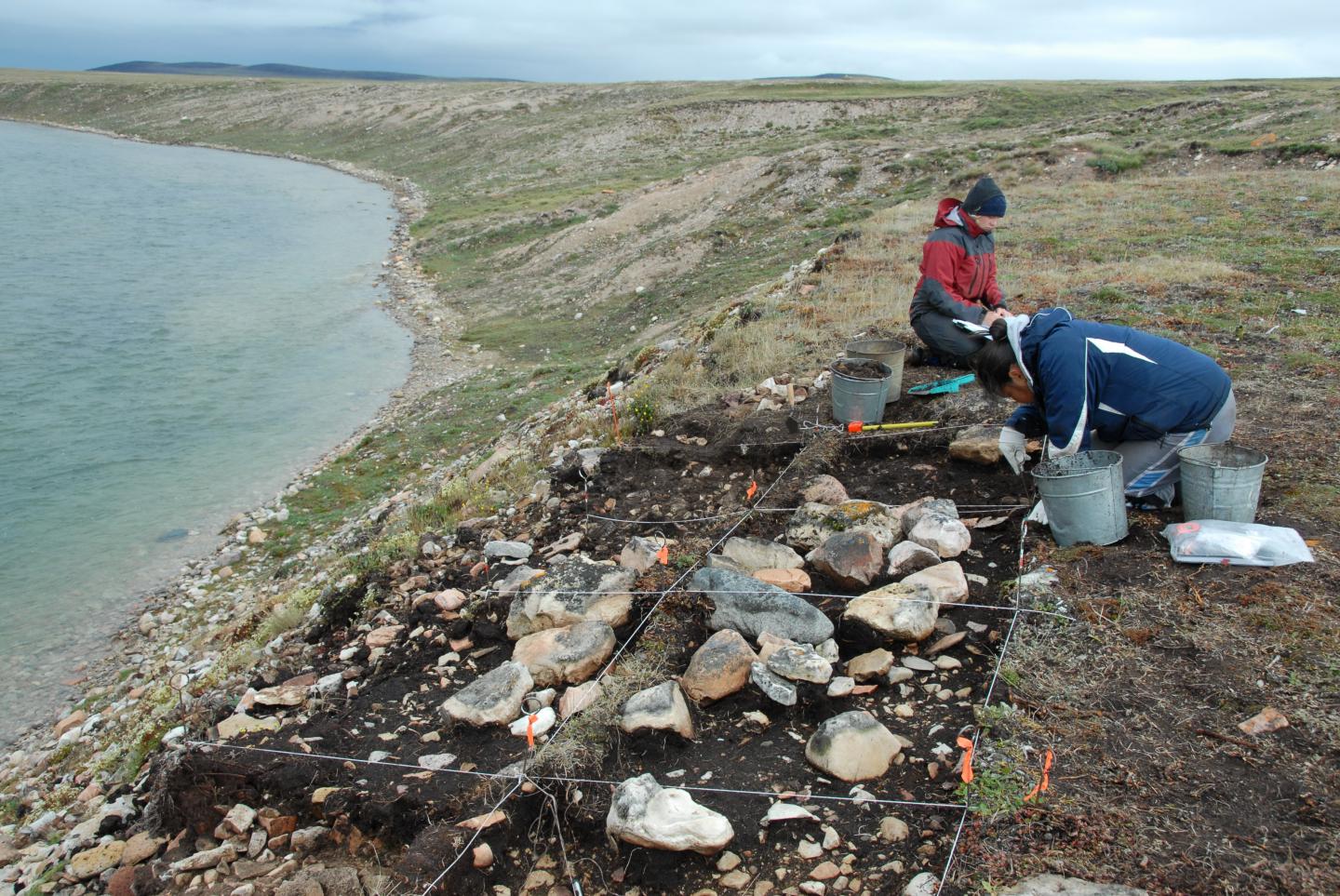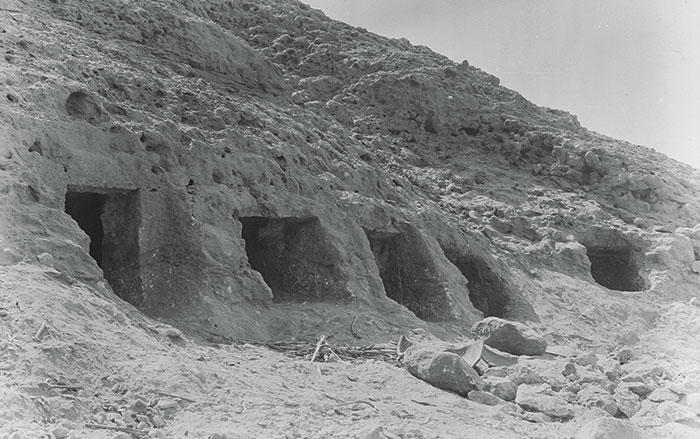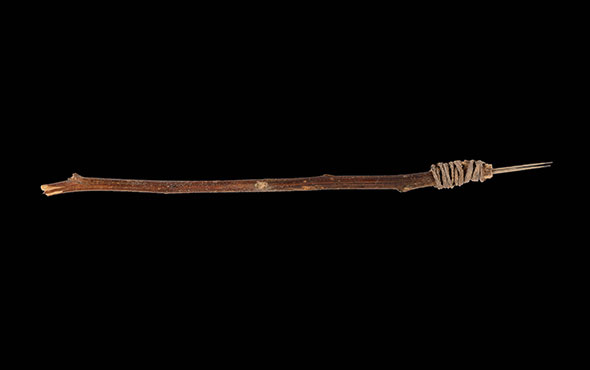
JENA, GERMANY—Genetic traces of migrants who traveled from Siberia to North America some 5,000 years ago have been detected in living people by a team of researchers led by Pavel Flegontov of the University of Ostrava and Stephan Schiffels of the Max Planck Institute for the Science of Human History, according to a Live Science report. The team members searched for rare genetic mutations in samples taken from 48 people whose ancient remains were recovered in the American Arctic and in Siberia. They then examined the genomes of 93 living people of indigenous heritage from Siberia, Alaska, the Aleutian Islands, and Canada, and found the paleo genes in modern people who speak the Eskimo-Aleut and Na-Dene languages. The model generated by the genetic data suggests Na-Dene-speaking peoples, inhabitants of the Aleutian Islands, and the Yup’ik and Inuit of the Arctic descended from a single population in Siberia. The ancestors of the Yup’ik and the Inuit then crossed back and forth over the Bering Strait at least three times, the researchers added. “These populations are very closely related with each other,” Schiffels said, “and it’s very hard to disentangle the different ancestry components.” To read more about the history of the settlement of the Americas, go to "First Americans."











